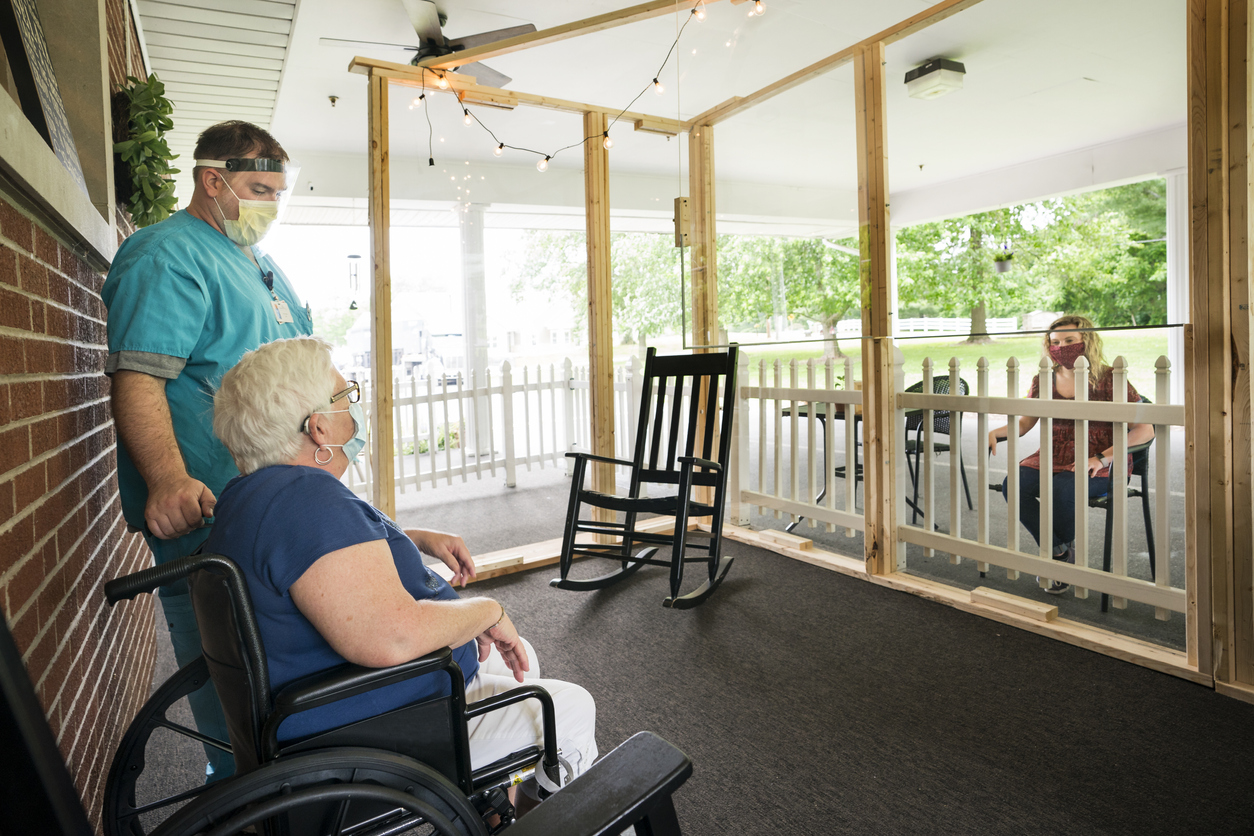For decades, a company’s chief operating officer (COO) was seen as the CEO’s operational counterpart. The two positions were inextricably linked and allowed each to fulfill their unique role within the organizational hierarchy. Today, COOs and their roles are evolving. In nursing homes, the COO is tasked with a wide range of responsibilities, including operational risk management. Just like nursing home insurance provides a blanket of liability protection, the COO and his or her responsibilities supplement these protections.
The COO Defined
Traditionally, the chief operating officer (COO) is defined as a senior-level executive who is responsible for oversight and management of both day-to-day duties as well as administrative tasks in an organization. In most cases, the COO is the second in the chain of command, answering directly to the CEO of a company. The COO handles internal affairs – a behind the scenes role — while the CEO focuses more on providing a public face to the company.
COOs often possess a wide range of critical business skills, including leadership, communication, strategic planning, and practical experience in business management. COOs complement the leadership team of an organization by solving operational problems and by rolling out initiatives that are in line with the company’s business plan. In one respect, a COO is like a nursing home insurance policy in that this individual protects business interests by overseeing daily operations.
COOs in Nursing Homes
It is important to remember that at its core, a nursing home or other long-term care facility is a business like any other. Leaders within the business are tasked with roles and responsibilities to drive business growth and to maintain managerial oversight over operations. In a nursing home, a COO may be responsible for:
- Executive team leadership
- Strategic planning
- Project management
- Operations management
- Business development
- Human resources
- Marketing
- Service development
In some cases, a nursing home COO will have an active role in each of these areas. Because the roles are so diverse and so critical to the overall success of the organization, COOs are often individuals with many years of career experience in the long-term healthcare sector.
The Future of COOs in Nursing Homes
Despite their critical role in the operational success of a nursing home, not every organization utilizes this important executive role. COOs across industries are facing significant declines in importance; one study indicates that only 36% of Fortune 500 corporations employ a COO, down from nearly 50% only a decade ago.
While it may seem that the COOs’ days are numbered, the position is evolving to meet new operational goals. The most successful nursing homes depend on COOs to perform visionary functions by identifying and capitalizing on emerging business opportunities. By developing the company’s business growth and by supporting its values, COOs retain a valuable role in executive structure.
Some of the evolution of the role of the COO is centered on technology, specifically managing data and computer security to produce more agile, more robust, and more efficient operations. In the nursing home sector, COOs often spearhead digitization and automation initiatives, ensuring that the company will be able to meet the ever-changing needs of the business and the residents who depend on quality care in these facilities. Just as nursing home insurance protects facilities against both predictable and unexpected risks, the nursing home COO identifies potential challenges, then develops solutions that help the facility thrive in a competitive marketplace.
About Caitlin Morgan
Caitlin Morgan specializes in insuring assisted living facilities and nursing homes and can assist you in providing insurance and risk management services for this niche market. Give us a call to learn more about our programs at (877) 226-1027.


